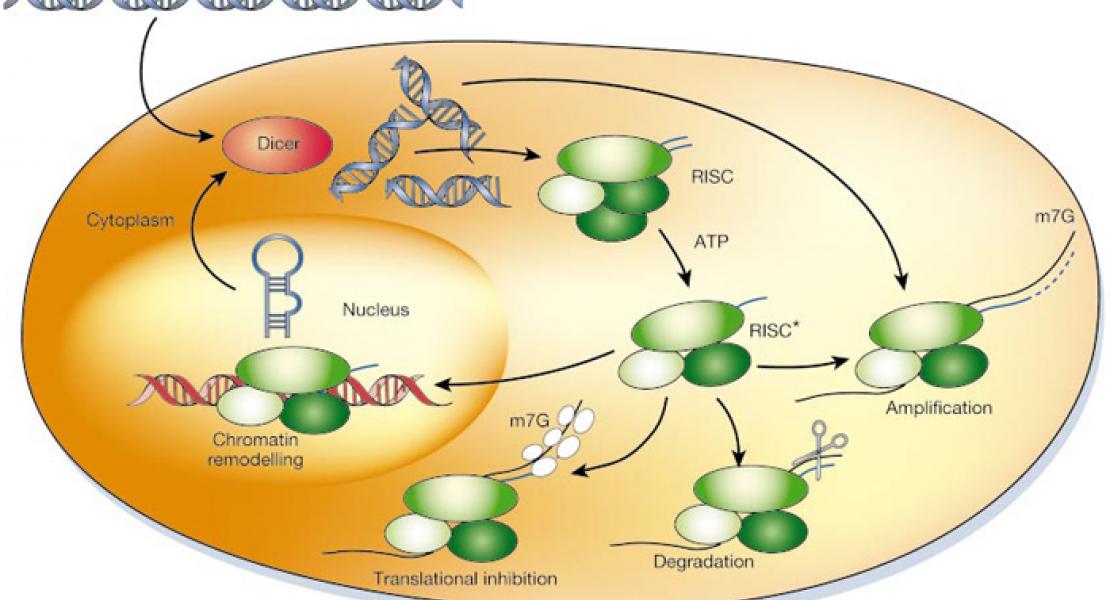Striatal microRNA controls cocaine intake through CREB signalling

Abstract
Cocaine addiction is characterized by a gradual loss of control over drug use, but the molecular mechanisms regulating vulnerability to this process remain unclear. Here we report that microRNA-212 (miR-212) is upregulated in the dorsal striatum of rats with a history of extended access to cocaine. Striatal miR-212 decreases responsiveness to the motivational properties of cocaine by markedly amplifying the stimulatory effects of the drug on cAMP response element binding protein (CREB) signalling. This action occurs through miR-212-enhanced Raf1 activity, resulting in adenylyl cyclase sensitization and increased expression of the essential CREB co-activator TORC (transducer of regulated CREB; also known as CRTC). Our findings indicate that striatal miR-212 signalling has a key role in determining vulnerability to cocaine addiction, reveal new molecular regulators that control the complex actions of cocaine in brain reward circuitries and provide an entirely new direction for the development of anti-addiction therapeutics based on the modulation of noncoding RNAs.
